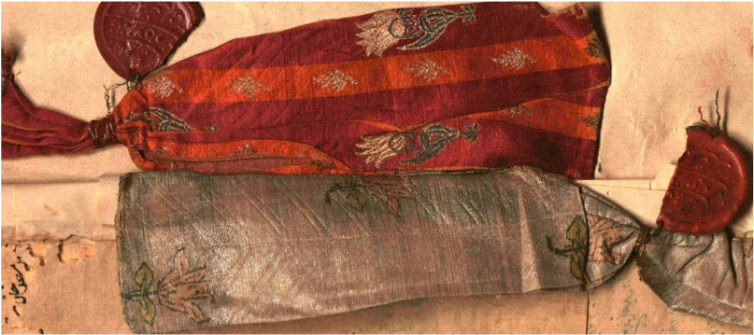
The year 2026 marks half a millennium since the foundation of the Mughal Empire (1526-1857), the last precolonial imperial power that governed most parts of the Indian sub-continent. Though earnest in its beginnings following the Central Asian chieftain, Babur’s victory at the First Battle of Panipat on 22 April 1526, in its heyday, the Mughal dynasty ruled over a population of more than 100 million subjects. The Mughal Empire has remained at the centre of major debates in Indian historiography on issues as diverse as the nature of political and administrative institutions, fiscal and economic systems, literary and artistic cultures as well as inter-religious cohabitation prior to colonial rule. The international conference organised to mark the 500-year anniversary of the empire’s foundation provides an opportunity to critically engage with various historiographical approaches that have been proposed thus far, as well as explore potential avenues for future research.
Since its inception in nineteenth-century British colonial debates, Mughal historiography has undergone several mutations in the twentieth and the twenty-first centuries, including nationalist, Marxist and cultural interpretations among others, demonstrating the continued vitality of the field. Yet the vast archival and manuscript sources, available in Arabic, Persian, Sanskrit and regional languages, dispersed across repositories in South Asia and beyond, still await scholarly studies. Even a cursory glance at catalogues reveals that such a rich, unexplored corpus could infuse the field with new empirical and analytical approaches.
In recent decades, historians have rejected framing the construction of the Mughal Empire within the narrow scope of “methodological nationalism” and increasingly approached it through transregional connections and interactions. At the same time, professional history-writing can also find itself in a tense relation with trends in the public sphere. This is particularly acute today, given that the legacy, symbols and contribution of the Mughals are increasingly contested in India. In the current climate of political crisis, how can historians challenge popular stereotypes that depict the Mughal rulers as either paragons of harmonious syncretism or perpetrators of religious bigotry? How can we move beyond the study of representations, self-fashioning of the elites and courtly cultures that have dominated the field in the last few decades and explore other areas of research such as social, legal, economic and intellectual history? Are there other types of archival sources that would allow us to chart new directions in understanding how the Mughal Empire worked?
Themes
We welcome papers on the following topics and related themes:
Institutional, legal, military and political frameworks of governance
Administrative logistics, information circulation and forms of exercising authority
Documentary practices and archival cultures
Economic, financial and fiscal patterns
Social histories of religious communities, ethnic, clan and caste configurations
Borderlands, regions and frontiers in the construction of imperial space
Longue duréeconnections and interactions with the Islamic world
Keynote
Sanjay Subrahmanyam, Distinguished Professor of History and Irving & Jean Stone Chair in Social Sciences, UCLA, will deliver the keynote address.
The proceedings will be published as a special issue of a journal or an edited volume.
Practical information
The organisers will cover economy class air/train tickets and hotel accommodation for 3 nights.
Please send an abstract of 300 words and a short biography of 200 words by 25 November 2025 to the following email address: mugurba@ehess.fr
Selected participants will be notified by mid-December.
—
International Conference, 3-4 June 2026
École des hautes études en sciences sociales, 54, boulevard Raspail, 75006 Paris.
—
The conference is funded by the Agence national de la recherche (ANR) project MugUrba:
“The Bureaucratic Rhythms of Imperial Urbanity: Law, Property, and Public Life in Mughal South Asia, c. 1650–1750”.